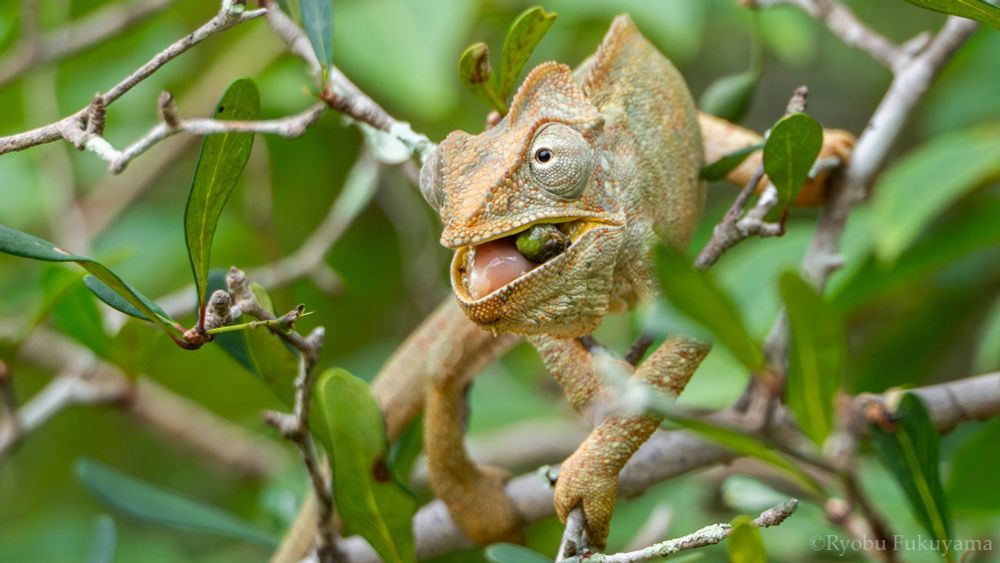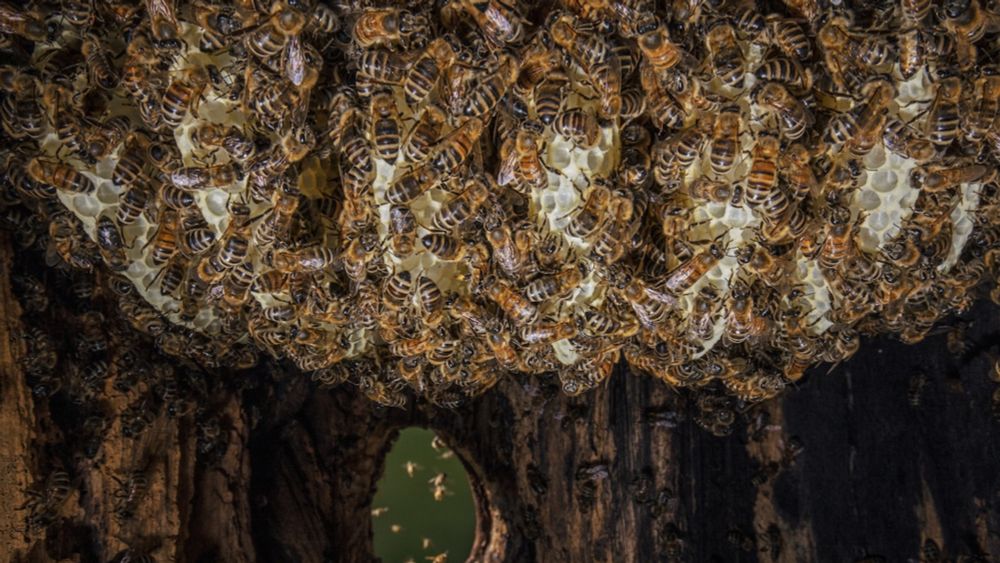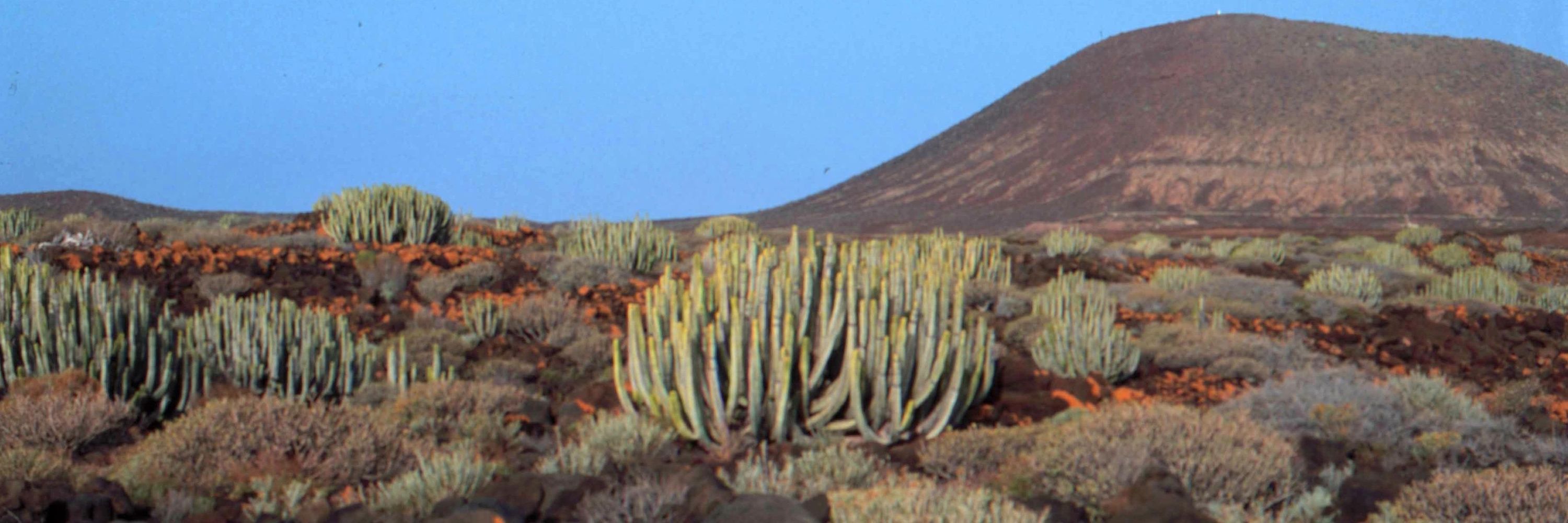
Alfredo Valido
@avalido.bsky.social
IPNA-CSIC. Evolutionary ecologist. Posts on islands ecology & evolution, pollination, seed dispersal, beekeeping impact, Anthropocene defaunation, climatic change
Pinned

New paper out in PNAS (led by Julia Heinen). Here, we reported a clear loss of coevolutionary history and functional potential on seed dispersal after vertebrate extinctions and introductions in islands.
doi.org/10.1073/pnas...
@ipna.csic.es
Photo: B Rodríguez (Gallotia galloti-Plocama pendula)
doi.org/10.1073/pnas...
@ipna.csic.es
Photo: B Rodríguez (Gallotia galloti-Plocama pendula)
New paper out in PNAS (led by Julia Heinen). Here, we reported a clear loss of coevolutionary history and functional potential on seed dispersal after vertebrate extinctions and introductions in islands.
doi.org/10.1073/pnas...
@ipna.csic.es
Photo: B Rodríguez (Gallotia galloti-Plocama pendula)
doi.org/10.1073/pnas...
@ipna.csic.es
Photo: B Rodríguez (Gallotia galloti-Plocama pendula)

October 13, 2025 at 12:25 PM
New paper out in PNAS (led by Julia Heinen). Here, we reported a clear loss of coevolutionary history and functional potential on seed dispersal after vertebrate extinctions and introductions in islands.
doi.org/10.1073/pnas...
@ipna.csic.es
Photo: B Rodríguez (Gallotia galloti-Plocama pendula)
doi.org/10.1073/pnas...
@ipna.csic.es
Photo: B Rodríguez (Gallotia galloti-Plocama pendula)
Reposted by Alfredo Valido
What sustains biodiversity? 🌿🌸🐝🐦⬛ It’s not just about species, it’s also about individuals.
Our new paper in @esajournals.bsky.social Ecol. Monogr. shows how the way individuals specialize on their mutualistic partners can scale up to shape species persistence.
🔗 doi.org/10.1002/ecm....
Our new paper in @esajournals.bsky.social Ecol. Monogr. shows how the way individuals specialize on their mutualistic partners can scale up to shape species persistence.
🔗 doi.org/10.1002/ecm....

Bridging the gap between individual specialization and species persistence in mutualistic communities
Mutualistic interactions among organisms are fundamental to the origin and maintenance of biodiversity. Yet, the study of community dynamics often relies on values averaged at the species level, igno...
doi.org
October 2, 2025 at 1:12 PM
What sustains biodiversity? 🌿🌸🐝🐦⬛ It’s not just about species, it’s also about individuals.
Our new paper in @esajournals.bsky.social Ecol. Monogr. shows how the way individuals specialize on their mutualistic partners can scale up to shape species persistence.
🔗 doi.org/10.1002/ecm....
Our new paper in @esajournals.bsky.social Ecol. Monogr. shows how the way individuals specialize on their mutualistic partners can scale up to shape species persistence.
🔗 doi.org/10.1002/ecm....
Reposted by Alfredo Valido
Abierta la convocatoria para 4️⃣ contratos predoctorales en el #IPNA-CSIC en el marco de las ayudas del Gobierno de Canarias destinadas a promover la #investigación en el archipiélago
📅Hasta el 9/10/2025
ℹ️https://sitios.csic.es/web/sede/convocatorias/-/convocatoria/38139
#doctorado #becas
📅Hasta el 9/10/2025
ℹ️https://sitios.csic.es/web/sede/convocatorias/-/convocatoria/38139
#doctorado #becas

September 30, 2025 at 3:50 PM
Abierta la convocatoria para 4️⃣ contratos predoctorales en el #IPNA-CSIC en el marco de las ayudas del Gobierno de Canarias destinadas a promover la #investigación en el archipiélago
📅Hasta el 9/10/2025
ℹ️https://sitios.csic.es/web/sede/convocatorias/-/convocatoria/38139
#doctorado #becas
📅Hasta el 9/10/2025
ℹ️https://sitios.csic.es/web/sede/convocatorias/-/convocatoria/38139
#doctorado #becas
Reposted by Alfredo Valido
September 15, 2025 at 1:17 PM
Reposted by Alfredo Valido
Climate warming is not a recent phenomenon; it has had detectable impacts on plants for at least 134 years!
The onset of phenological plant response to climate warming @newphyt.bsky.social
nph.onlinelibrary.wiley.com/doi/10.1111/...
🧪🌎🌿🌐🌳 🍁 #PlantBiology @cideinvestiga.bsky.social @csic.es
The onset of phenological plant response to climate warming @newphyt.bsky.social
nph.onlinelibrary.wiley.com/doi/10.1111/...
🧪🌎🌿🌐🌳 🍁 #PlantBiology @cideinvestiga.bsky.social @csic.es
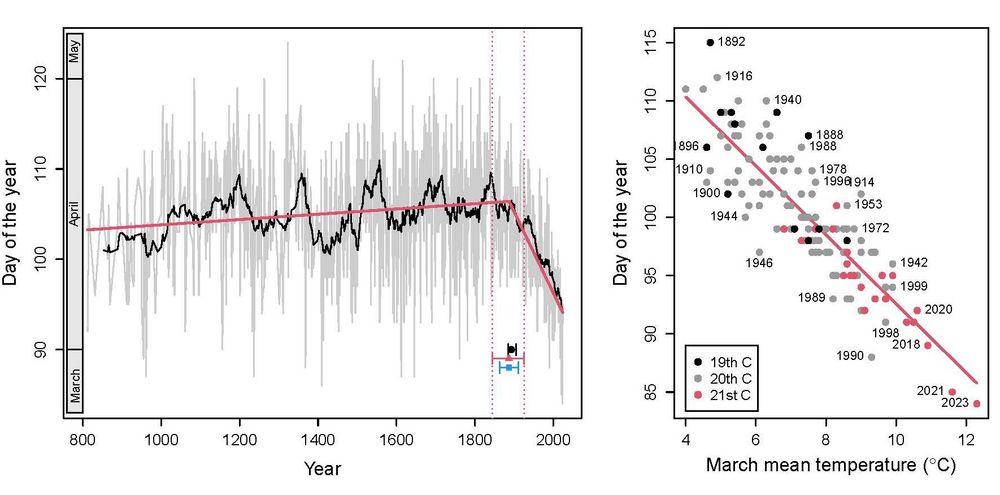
June 11, 2025 at 12:21 PM
Climate warming is not a recent phenomenon; it has had detectable impacts on plants for at least 134 years!
The onset of phenological plant response to climate warming @newphyt.bsky.social
nph.onlinelibrary.wiley.com/doi/10.1111/...
🧪🌎🌿🌐🌳 🍁 #PlantBiology @cideinvestiga.bsky.social @csic.es
The onset of phenological plant response to climate warming @newphyt.bsky.social
nph.onlinelibrary.wiley.com/doi/10.1111/...
🧪🌎🌿🌐🌳 🍁 #PlantBiology @cideinvestiga.bsky.social @csic.es
Pasquali et al. (2025) demonstrated wild bee abundance declined around 80% over 4 years after the introduction of beehives in Giannutri, a small island in the Mediterranean.
Pascualli et al. (2025) CURRENT BIOLOGY
doi.org/10.1016/j.cu...
Pascualli et al. (2025) CURRENT BIOLOGY
doi.org/10.1016/j.cu...
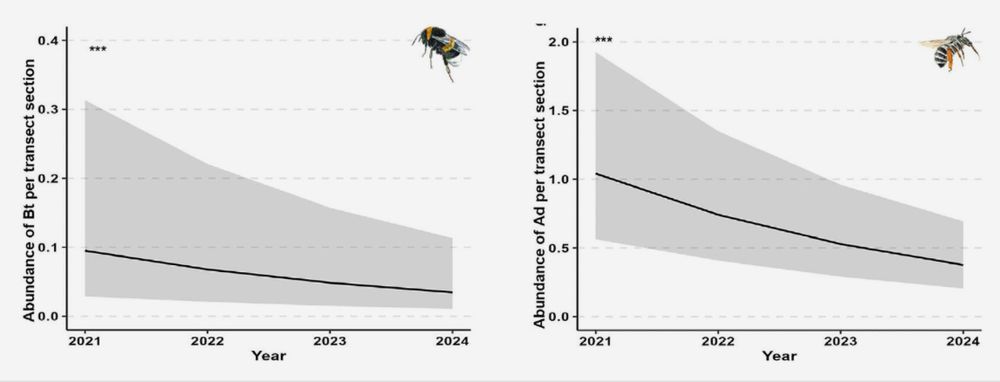
March 24, 2025 at 2:39 PM
Pasquali et al. (2025) demonstrated wild bee abundance declined around 80% over 4 years after the introduction of beehives in Giannutri, a small island in the Mediterranean.
Pascualli et al. (2025) CURRENT BIOLOGY
doi.org/10.1016/j.cu...
Pascualli et al. (2025) CURRENT BIOLOGY
doi.org/10.1016/j.cu...
Reposted by Alfredo Valido
This Amegilla fasciata (Apidae) is looking for pollen and nectar in Lavandula multifida (Lamiaceae), but in the flowers, not always all resources are good, she uses her antennas to check the quality and decides if she stops to feed.
P.Natural Cabo de Gata (Almería)
24/04/2017
P.Natural Cabo de Gata (Almería)
24/04/2017
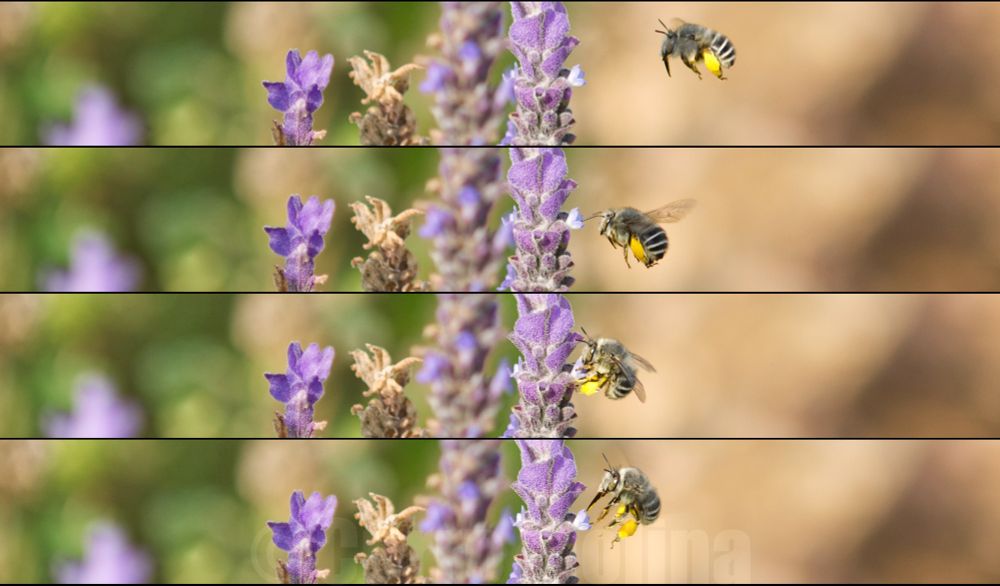
March 9, 2025 at 5:20 PM
This Amegilla fasciata (Apidae) is looking for pollen and nectar in Lavandula multifida (Lamiaceae), but in the flowers, not always all resources are good, she uses her antennas to check the quality and decides if she stops to feed.
P.Natural Cabo de Gata (Almería)
24/04/2017
P.Natural Cabo de Gata (Almería)
24/04/2017
Nice collaborative research just published in @globalchangebio.bsky.social. In this study, led by Raúl Orihuela, we analyzed key drivers behind Anthropogenic Plant Extinctions in the Macaronesian islands
Orihuela-Rivero et al 2025 doi.org/10.1111/gcb....
@jairopatinolab.bsky.social
@ipna.csic.es
Orihuela-Rivero et al 2025 doi.org/10.1111/gcb....
@jairopatinolab.bsky.social
@ipna.csic.es
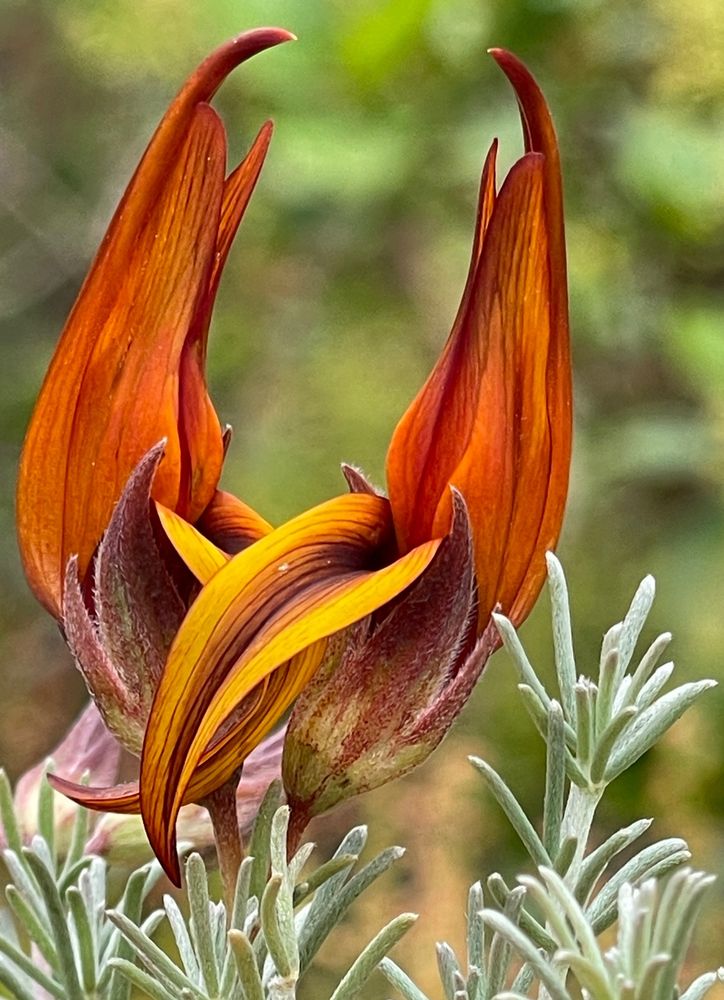
February 25, 2025 at 2:10 PM
Nice collaborative research just published in @globalchangebio.bsky.social. In this study, led by Raúl Orihuela, we analyzed key drivers behind Anthropogenic Plant Extinctions in the Macaronesian islands
Orihuela-Rivero et al 2025 doi.org/10.1111/gcb....
@jairopatinolab.bsky.social
@ipna.csic.es
Orihuela-Rivero et al 2025 doi.org/10.1111/gcb....
@jairopatinolab.bsky.social
@ipna.csic.es
In this study authors concluded that beekeeping compromises wild bee conservation in nature reserves. Both taxonomic (TD) and phylogenetic (PD) diversity of wild bees was reduced near to beehives. Keep away beehives from protected areas
Tourbez et al. (2025) APIDOLOGIE
doi.org/10.1007/s135...
Tourbez et al. (2025) APIDOLOGIE
doi.org/10.1007/s135...
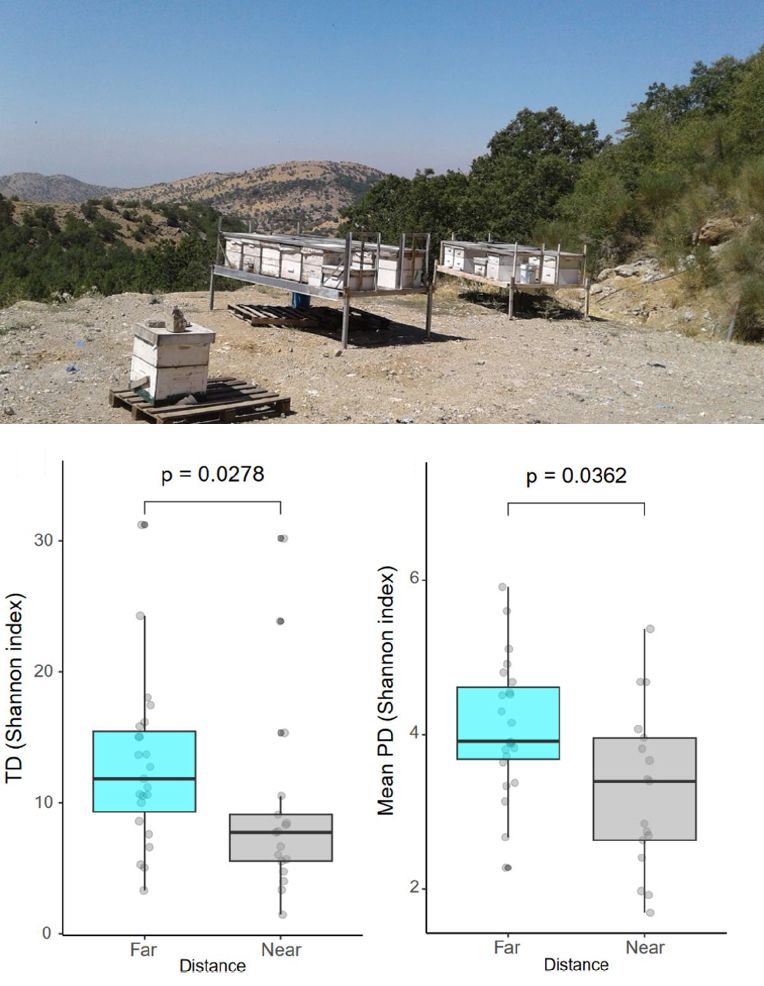
January 24, 2025 at 12:18 PM
In this study authors concluded that beekeeping compromises wild bee conservation in nature reserves. Both taxonomic (TD) and phylogenetic (PD) diversity of wild bees was reduced near to beehives. Keep away beehives from protected areas
Tourbez et al. (2025) APIDOLOGIE
doi.org/10.1007/s135...
Tourbez et al. (2025) APIDOLOGIE
doi.org/10.1007/s135...


